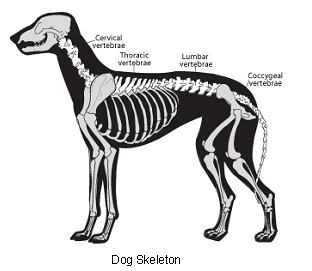Just like humans, cats and dogs can get a wide variety of tumours. Tumours are formed when cells in the body grow and multiple at an uncontrolled rate. This is known as neoplasia. Some neoplasias are harmless, or benign. Others cause harm to the body. These malignant tumours are called cancer. It is estimated that 1 in 4 dogs will have neoplasia at some time in their life. (Cats also develop neoplasia, but the numbers of cats are less well known.)
While learning that your cat or dog has cancer is certainly bad news, it does not need to be an immediate death sentence. Depending on the type of cancer and the location of the tumour, animals can live with cancer for days, months, or even years. A cancer consultation and exam appointment with a veterinarian can provide you with diagnostics and treatment options and help you choose the best course of action. Diagnostics such as medical imaging (x-rays or ultrasound), biopsies, or blood or urine tests can help identify the type of cancer. In some cases, surgery will be option. Other therapies such as medications, herbal medicine, acupuncture, and nutrition can help you and your pet make the best of the time that is left. Progress exams will help you and your veterinarian track the progression of the disease and determine if any changes to medication or other therapies need to be made.


